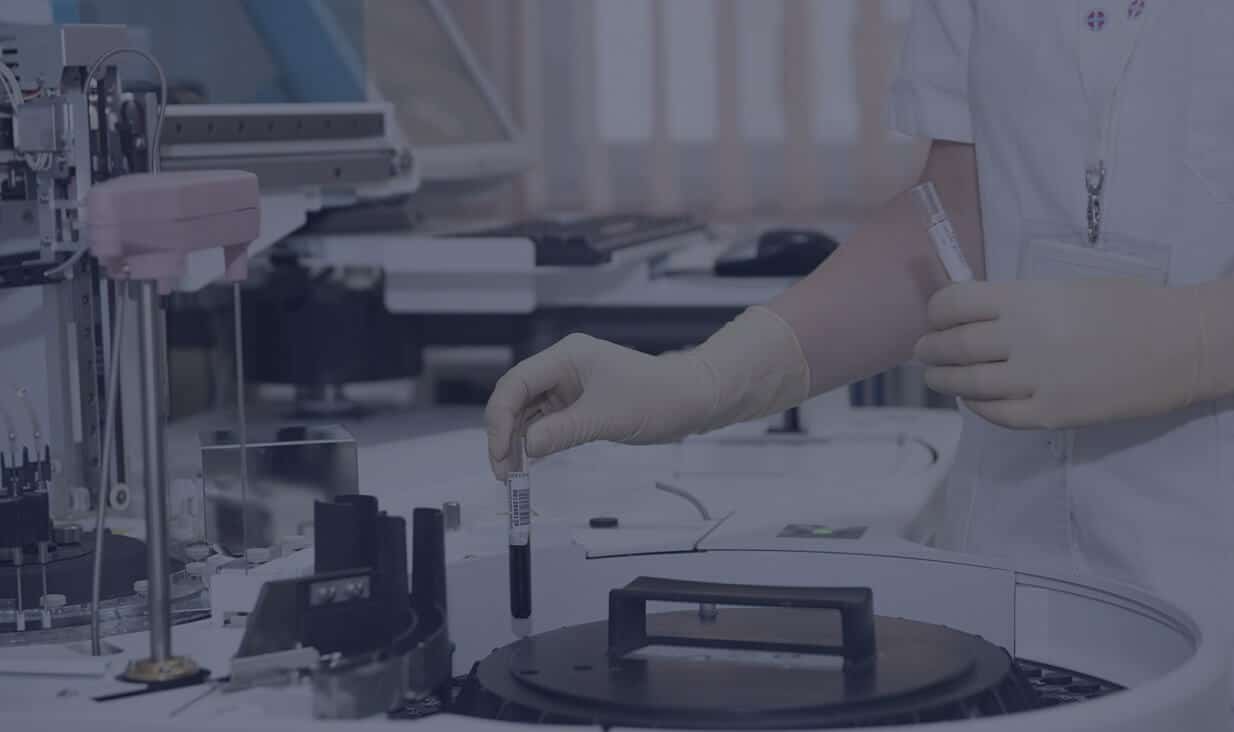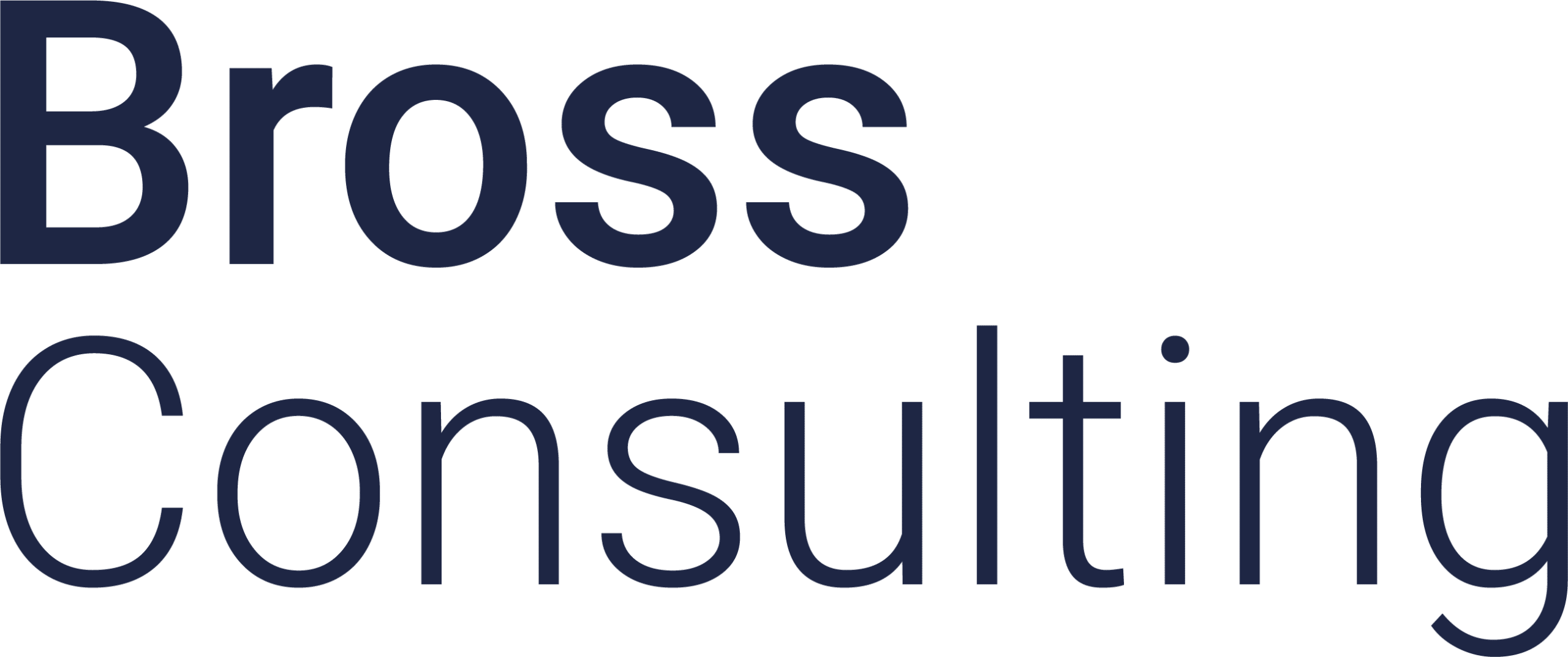
Trends in the chemical industry
State-of-the-art technology in the chemical industry with Bross
Trends in production and logistics in the pharmaceutical and chemical industries
Modular, networked systems, automated process controls, predictive maintenance and asset performance management solutions are just a few examples of the trends in the chemical industry. Customer-specific products and ever shorter delivery times require a flexible and agile approach. The pharmaceutical industry is also undergoing a transformation caused by several external factors. The large companies that previously relied on the blockbuster drugs sold in this volume are experiencing unprecedented upheaval. With patents expiring and a large number of new entrants creating pricing pressure, there is a shift in patient expectations. This general trend in the pharmaceutical industry is shifting a certain focus from cure to prevention. Bross supports companies in this sector, for example, in improving operational efficiency, redesigning or increasing plant availability. Bross customers include the pharmaceutical and chemical industries as well as plant manufacturers in the process industry and industrial service providers.
Current trends in the chemical and pharmaceutical industries
Prevention is better than cure
Genetic engineering and similar technological trends in the chemical and pharmaceutical industries are making it possible for patients to receive preventive medical care. The shift is slow, but there are significant expectations. As a result, many of these diseases that needed drugs no longer exist. While the deterrents look ominous, they also create a world of opportunity for healthcare and life sciences companies. There will be growth through innovation and the use of new technologies such as cloud, big data, artificial intelligence and blockchain.
Regulatory automation
Regulatory compliance in the emerging online environment is a major challenge for healthcare and life science companies. Along with application modernization, these companies will seek to automate compliance. Quality checks will ensure that at every stage of drug development, the process is automated to avoid delays and discrepancies.
Artificial intelligence
Artificial intelligence is one of the most dominant trends in the pharmaceutical industry. Companies in the pharmaceutical and chemical industries such as healthcare and life sciences are facing the new wave of technological innovation driven by advances in AI and machine learning to develop cures faster and provide effective care. Today, utilization is limited due to fragmented data and limited availability of data scientists.
